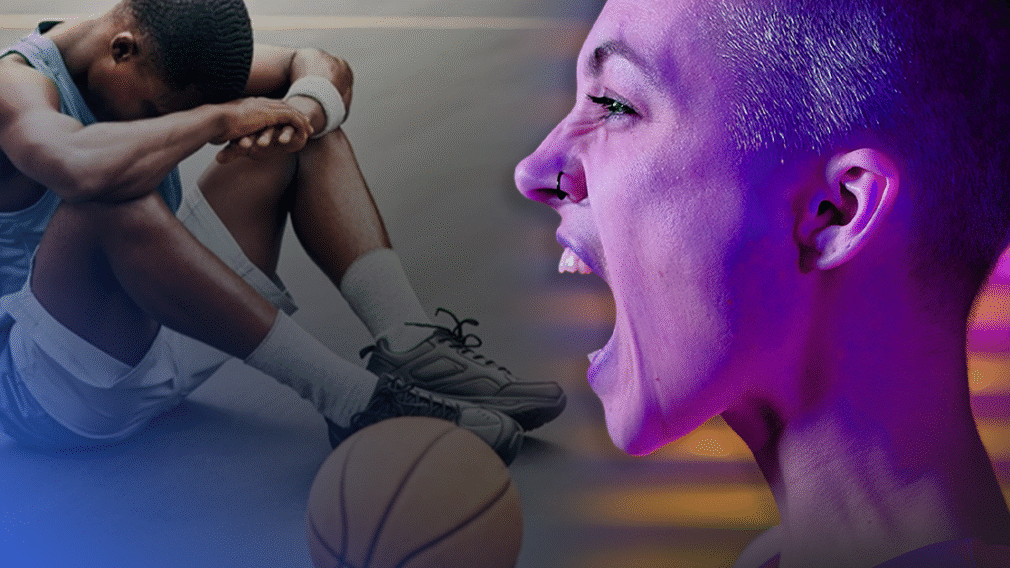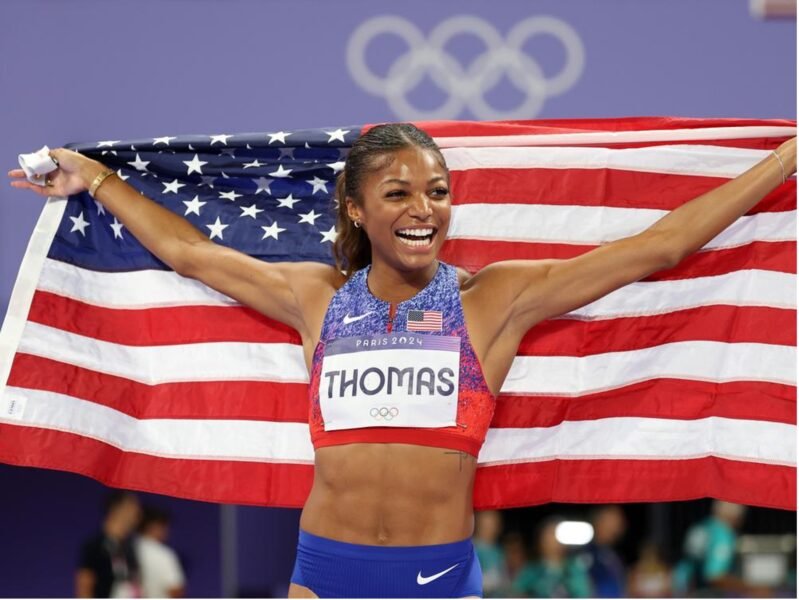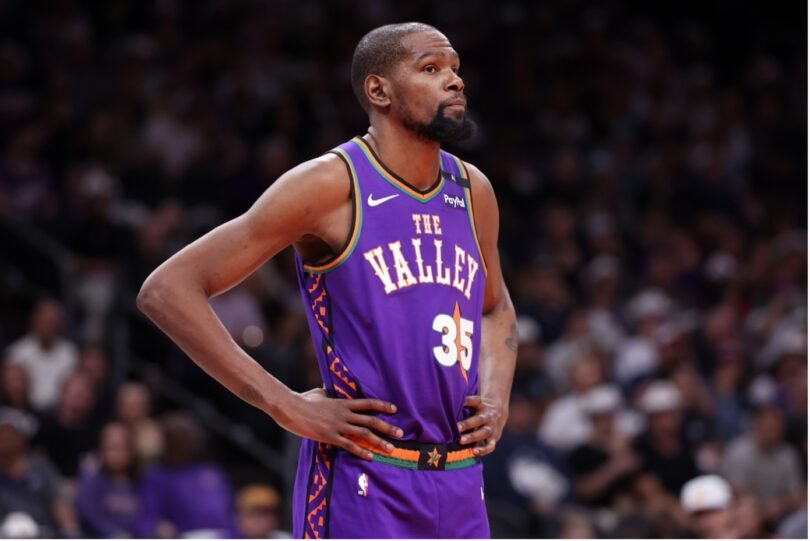The Hidden Epidemic of Athlete Harassment
The legalization of sports betting has transformed American fandom, turning every game into a high-stakes event for millions. But for the athletes at the center of the action, this new landscape has an ugly, dangerous side. A missed shot or a dropped pass can now unleash a torrent of online abuse, harassment, and even death threats from gamblers who lost money.

In 2018, the U.S. Supreme Court made a landmark decision. It struck down a 1992 federal law that had banned sports betting in most states. This ruling, Murphy v. National Collegiate Athletic Association (NCAA), opened the floodgates. What followed was an explosion in legal sports gambling across America, transforming how fans interact with the games they love.
The growth has been staggering. In 2017, sports betting was legal in just one state. By 2024, that number jumped to 38 states with active sportsbooks. The total amount of money wagered skyrocketed from $4.9 billion in 2017 to over $121.1 billion in 2023. This new era is dominated by online activity, with 94% of all sports wagers in 2023 placed online. Events like the NCAA’s March Madness tournaments now see an estimated $3 billion in legal bets, double the amount wagered on the Super Bowl.
While this boom has created a massive industry, it has also unleashed a dark and dangerous side effect. For the athletes at the center of the action, the legalization of sports betting has ushered in an era of intense pressure, harassment, and threats to their mental and physical well-being.
A Torrent of Abuse
For many athletes, checking their social media after a game has become a nightmare. A missed shot, a dropped pass, or even a great performance that doesn’t meet a specific betting line can trigger a flood of vitriol from gamblers who lost money. This isn’t just heckling; it’s a constant stream of personal attacks, racist slurs, and even death threats.
The abuse is directed at professionals and college students alike. It targets athletes, their coaches, and even the referees.
- Jalen Brunson of the New York Knicks often receives messages after games threatening him and his family, including his infant daughter.
- Lance McCullers Jr., a pitcher for the Houston Astros, received death threats against his family from a gambler who lost money on a game.
- Liam Hendriks, a pitcher for the Boston Red Sox, has spoken out about the “disgusting and vile” messages he and his wife receive. These include wishes for his death from cancer and messages urging him to commit suicide. He stated that since sports gambling became widespread, the situation “has gotten a lot worse.”
The problem is particularly acute with “prop bets,” which are wagers on an individual player’s specific performance, like points scored or rebounds. Clint Hangebrauck, an NCAA executive, called these bets a “mental health nightmare.” He explained, “You could even perform well, and you’re receiving all this negative feedback from betters because you didn’t hit specific betting lines.”
One college athlete received a chilling message: “Yo no big deal but if you don’t get 22 points and 12 boards everyone you know and love will be dead.”
The harassment isn’t confined to the internet. Olympic medalist Gabby Thomas was verbally attacked at a track meet by a man who later bragged that his actions helped him win a parlay bet. The sportsbook FanDuel later banned the customer.

Boston Red Sox player Garrett Whitlock revealed the horrifying extent of the problem. His wife has received death threats against their infant son. Whitlock himself gets 10 to 15 hateful messages daily. “I think the worst one I got personally was, I blew a save on Sept. 11 and someone messaged me saying that I should have been in the Twin Towers when they went down,” he said. He believes “almost every incident was tied to gambling.”
The Mental Toll on Athletes
This constant barrage of negativity takes a heavy toll. Athletes, especially college students, are already juggling the immense pressure of academic and athletic performance. The added weight of gambler-fueled harassment is pushing many to a breaking point.
Psychologists note a rise in anxiety and depression among athletes, linked directly to social media abuse. They describe a phenomenon called “bracketed morality,” where the context of sports and money seems to allow people to suspend their normal moral compass. This leads them to say and do things they would never consider in their everyday lives.
Brett Woods, a sports psychologist at the University of Kansas Health System, asks people to imagine their worst day at work being broadcast to millions. “And they’re criticizing, critiquing you for every decision that you made,” he said. “They’re harassing you and telling you that you’re no good. And that’s kind of a nice way of putting it.”
The abuse has driven some athletes away from social media entirely. Detroit Tigers outfielder Riley Greene deleted his accounts after receiving nasty direct messages. “It sucks, but it’s the world we live in, and we can’t do anything about it,” he said.
The Risk Within
The threat isn’t just external. A growing number of athletes are becoming problem gamblers themselves. An NCAA study revealed that the percentage of male student-athletes who bet on sports at least once a month is increasing.
Worryingly, more are gambling in solitude. The rate of male student-athletes who reported betting alone grew from 6% in 2016 to 15% in 2024. This isolation makes it harder for friends, coaches, or family to notice a problem.
The stakes are also getting higher. In 2024, 5% of male student-athletes reported losing $500 or more in a single day, up from 2% in 2016. For these athletes, admitting they have a problem is a huge risk. “If an athlete has a gambling disorder and goes to his coach and says, ‘I have a gambling disorder,’ he or she may become ineligible to continue playing,” explained Dr. Jeffrey L. Derevensky of McGill University. This fear of losing their eligibility often prevents them from seeking the help they need.
The Fight Back: How Sports are Responding
Faced with this growing crisis, sports organizations, teams, and even state governments are beginning to take action.
NCAA Leads the Charge
The NCAA has been at the forefront of this fight. It launched its “Draw the Line” campaign, including a powerful video titled “Don’t Be a Loser,” to combat the harassment of student-athletes.
The organization also partnered with the Signify Group, a tech company that uses artificial intelligence to monitor social media for abusive and threatening content directed at players, coaches, and officials. In 2025, this monitoring led to 103 investigations and 10 cases being referred to law enforcement.
NCAA President Charlie Baker has been a vocal advocate for banning prop bets on college athletes, a measure that 18 states have already adopted. “Angry fans are sending numerous abusive messages and threats to student-athletes, publicly and privately, because of lost bets,” Baker said. “We need states to do better and ban player props.”
Leagues and Teams Take Action
Professional leagues and teams are also stepping up. The WNBA’s Chicago Sky partnered with Moonshot, a cybersecurity firm, to identify and remove threatening online content. “Hate and harassment have no place in sports,” said Nadia Rawlinson, the team’s Co-Owner and Operating Chairman.
Following the harassment of Gabby Thomas, FanDuel became the first major U.S. sportsbook to explicitly state it would ban users who harass athletes.
Players Speak Out
Athletes themselves are using their platforms to raise awareness. NBA star Kevin Durant bluntly told a heckler, “Stop blaming me for losing money because you have a gambling problem.”

After a fan verbally attacked Arizona Diamondbacks player Ketel Marte, a movement started to sell t-shirts with the word “Human” on the back. The proceeds go to charities that support athlete mental health, reminding everyone that “Behind every jersey there is a human being.”
The Data Doesn’t Lie: A Statistical Snapshot of Abuse
Data from the NCAA and Signify Group’s monitoring paints a grim picture:
- 2024 March Madness: Female basketball players received approximately three times more threats than their male counterparts. One student-athlete received over 1,400 abusive messages in under two weeks.
- Overall Abuse: Across all NCAA championships in 2024, 18% of all abuse was sexual in nature, 12% was directly related to sports betting, and 10% was racist.
- 2025 March Madness Trends: While betting-related abuse toward all participants dropped by 23%, total abuse toward male participants skyrocketed by 140%. At the same time, total abuse directed at female participants fell by an impressive 83%.
Jonathan Hirshler, CEO of Signify Group, noted that demonstrating that “abusers can be identified and will be reported to law enforcement” can create a deterrent effect.
The Path Forward
The era of legal sports betting is here to stay. It has brought a new level of engagement for fans and significant revenue for states and sports leagues. However, this progress cannot come at the expense of the athletes’ safety and mental health. The responsibility falls on everyone: the sportsbooks that profit, the leagues that organize the games, the social media platforms where abuse runs rampant, and the fans who place the bets.
As more athletes courageously share their stories, the pressure builds for meaningful change. But many fear it won’t be enough until something tragic happens. As Garrett Whitlock warned, “No one cares about it right now because nothing’s happened, but it’s just going to take one incident.” The challenge now is to act before that incident occurs, and to remember the human beings at the heart of the game.
Recommended
